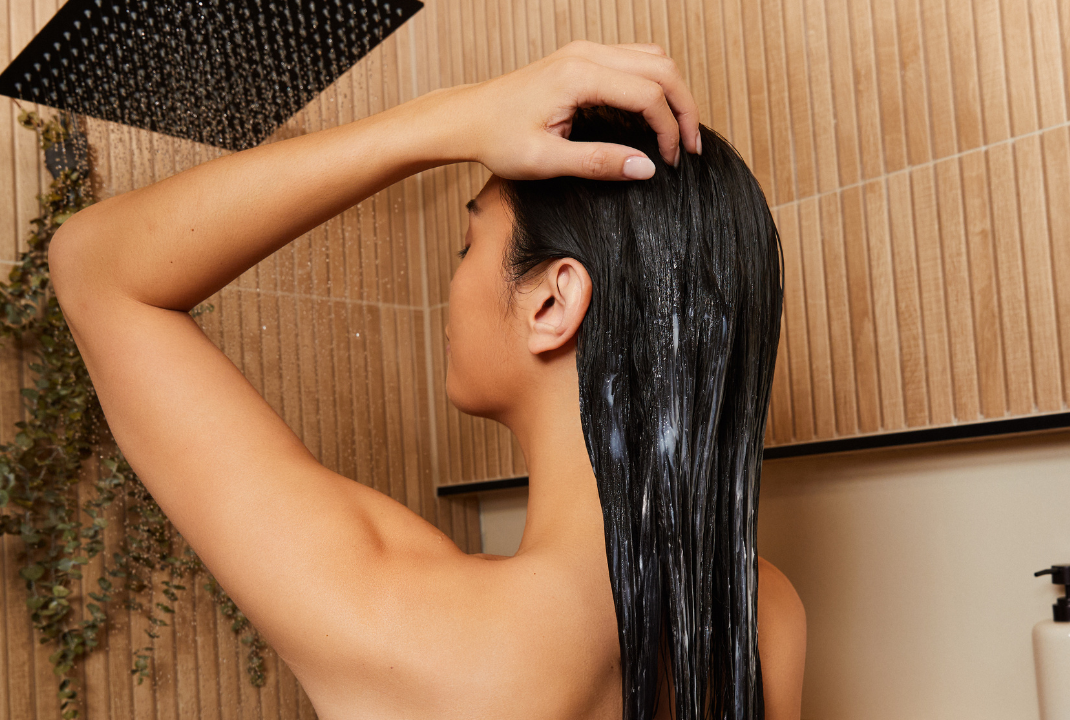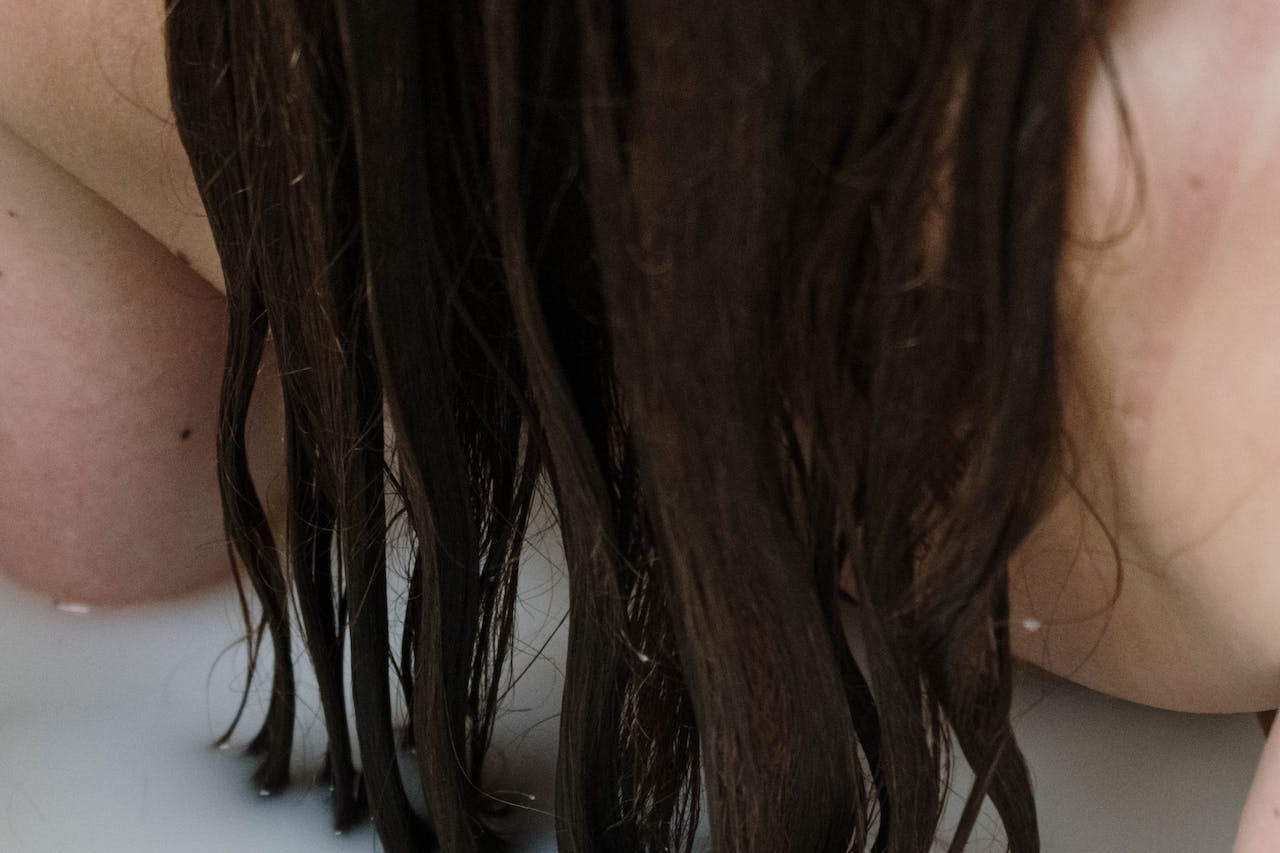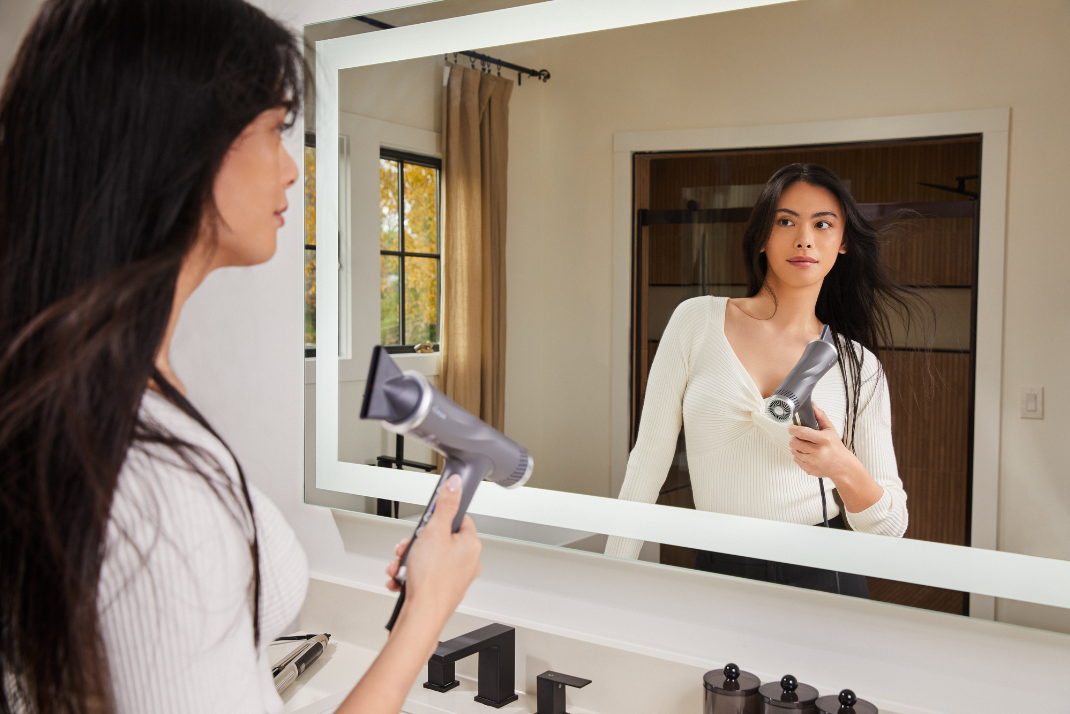Greasy hair can shake your confidence, turning what was supposed to be a good hair day into a constant battle with the mirror.
At YA-MAN USA, we’ve learned how to avoid oily hair by blending time-honored practices with the right products and habits to deglaze your locks.Here, we uncover how to stop oily hair in its tracks, so keep reading.
How to Stop Oily Hair: 7 Tips for Happy, Grease-Free Locks
Tackling oily hair is a slippery slope. Fortunately, we’ve compiled some proven tips for greasy hair to transform your oily strands into fresh, lustrous locks:
1. Choose the Right Washing Frequency
If you want to combat oily hair, you should just wash your hair more, right? Not exactly. Hair-washing isn’t one-size-fits-all. Consider your hair type, then gauge your ideal cleansing frequency:
- Thin or extremely oily hair - every other day
- Strong, medium-oily hair - every two to three days
- Thick, dry hair - once a week or so
- Textured, curly hair - once a week or less
- Protective styles - every other week or so
Our advice? Listen to your hair — if it feels like it’s time for a clean, it probably is.
2. Shampoo and Condition Properly
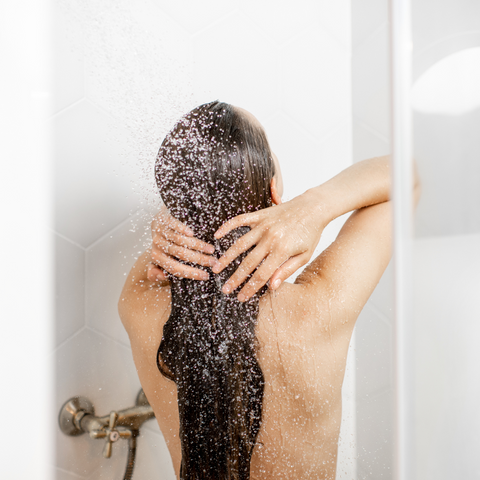
True or False: there’s a right and wrong way to cleanse your hair.
Believe it or not, the answer is true. Washing your hair involves more than just lathering up; it's about technique, product choice, and understanding your strands’ needs.
- Technique: Gently massage your shampoo into the scalp, focusing on the root of your hair (not the ends). Lather until it suds and rinse thoroughly before conditioning.
- Conditioning: When massaging conditioner into your hair, focus on the mid-shaft (near your temples) down to the ends, avoiding the scalp.
- Products: Choose a shampoo and conditioner tailored to your hair type and concerns.
- Drying: Gently pat dry or wrap wet hair in a microfiber towel to absorb the moisture. Vigorous drying can irritate your scalp and increase oil production.
3. Use Products Designed to Mitigate Greasy Hair
Some people think that managing oily hair means using fewer (or no) products, but that’s not always the case. The right products can balance how much sebum (natural oil) your scalp produces and prevent oily hair.
For example, the YA-MAN Deep Moist Repair Treatment helps hair damaged by heat, color, and environmental factors. Heat-activated Keratin and nourishing oils like Almond and Argan foster silky, shiny tresses without that grimy, greasy feel.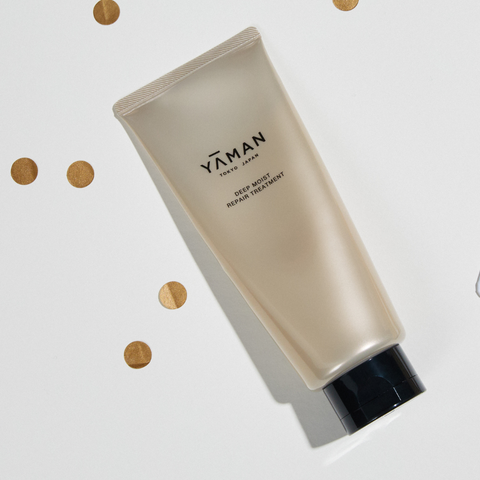
4. Try At-Home Oily Hair Remedies
Our favorite at-home oily hair treatments include:
- DIY dry shampoo: Use cocoa powder, cornstarch, or baby powder to help absorb excess oil and grease between washes.
- Apple cider vinegar rinses: Balances your scalp’s pH while removing build-up and leaving hair shiny and smooth.
- Witch hazel rinse: Has astringent properties that help control oil production on the scalp.
- Green tea soaks: Its antioxidants soothe the scalp and reduce sebum secretion.
- Oil treatments: Certain oils (like coconut or tea tree oil) can regulate scalp oil production without weighing the hair down more.
- Honey hair mask: Honey’s antibacterial properties clean the scalp, providing deep nourishment without making your hair oily.
5. Lighten the Pressure on Your Strands
Another tip for how to avoid oily hair? Be gentler with your tresses.
Aggressive hairstyles and harsh products can overstimulate your scalp’s sebaceous glands and make hair oily.
Here are a few ways to treat your strands with care:
- Avoid scratching, twirling, or playing with your hair.
- Been wanting to wear your hair down more? Consider this your sign.
- Ease up on the top knots, twisties, and high ponytails.
- Opt for claw clips instead of hair elastics or rubber bands.
- Use a silk pillowcase or wear a silk bonnet to sleep.
6. Wash After Workouts and Wearing Accessories
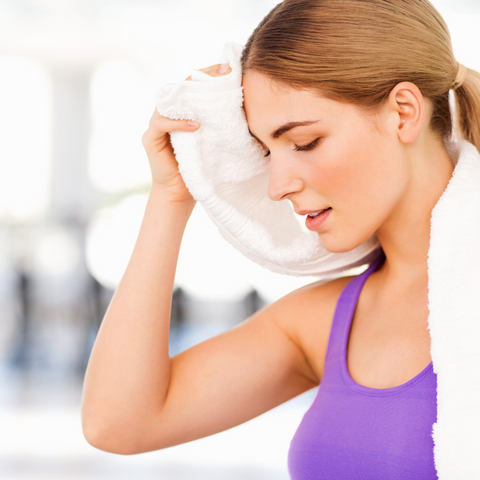
Ever ask yourself, “Why does my hair go so oily” after I work out?
All that sweat, along with water and salts, can irritate your scalp. When combined with oil your hair may feel heavier.
The same goes for hats, helmets, scarves, or headbands. These accessories trap heat close to your scalp, stimulating your scalp’s glands to produce more oil.
Regularly wash your hair after wearing accessories or an intense sweat-sesh to eliminate built-up sweat and oil. This keeps your scalp fresh and prevents your strands from getting greasy.
What Causes Oily Hair? The Importance of a Healthy Scalp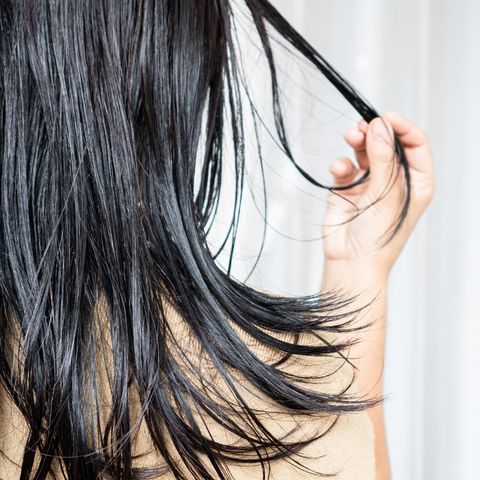
Hormones, genetics, stress, weather, infrequent washing, overwashing, and hair texture can all cause oily hair.
Sebum is the natural oil your body produces to moisturize and protect your skin’s surface, and it also nourishes and hydrates your scalp and hair. Your scalp health is a leading factor in your hair’s health.
As you’ve probably noticed, this oil often builds up on your hair and roots. Enter: slick, greasy tresses that don’t particularly feel so fresh and so clean.
If you relate, any of these could be the culprit:
Hormones
Hormone fluctuations during puberty, menstruation, ovulation, pregnancy, and menopause can all trigger excess oil production.
Genetics
If oily skin or hair runs in your family, you're more likely to experience similar issues. This is because genetics dictates two things: how big your sebaceous (oil-producing) glands are and how they respond to hormones.
Stress
Stress throws your hormones off balance and increases cortisol production. This stress hormone boosts oil production and affects your scalp’s health, leading to greasier hair.
Weather
High humidity and pollution can mess with your skin's natural pH levels, contributing to oily hair and scalp.
Infrequent washing
If you don’t wash your hair regularly, sebum, sweat, and dead skin will accumulate on your scalp, making your hair look and feel greasy.
Overwashing or harsh products
Conversely, washing your hair too frequently or using harsh shampoos can strip your scalp of healthy oils, prompting more sebum in response.
Hair texture
People with fine or straight hair may notice more oiliness because sebum spreads more easily down the hair shaft than in curly or coarse hair.
If left unchecked, excess scalp sebum can lead to issues like dandruff, irritation, clogged hair follicles, and even scalp acne.
Say Goodbye to Greasy Hair and Hello to YA-MAN

No more wondering, “How do I get my hair to stop being so greasy?” Today, you’re breathing new life into your locks.
Sure, learning how to avoid oily hair might take some trial and error, but with our tips? You're well on your way to striking the perfect balance for lustrous, oil-free locks.
Ready to bring on the good hair days? Discover YA-MAN's innovative solutions, crafted to keep your hair fresh, vibrant, and beautifully balanced.

